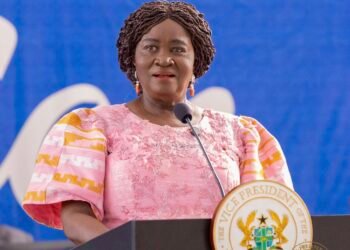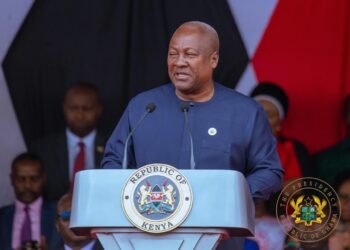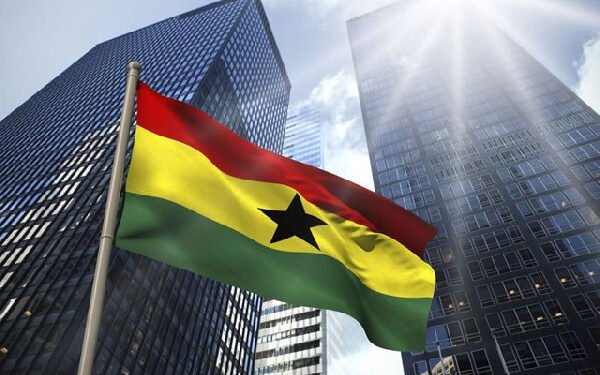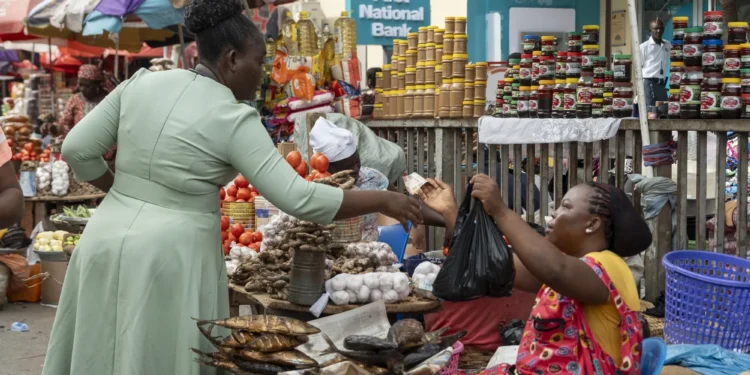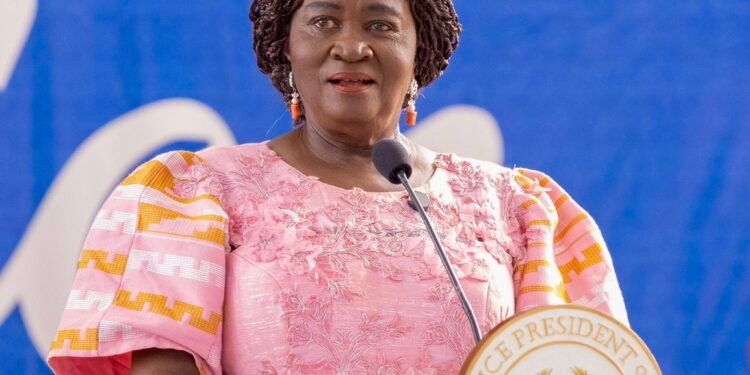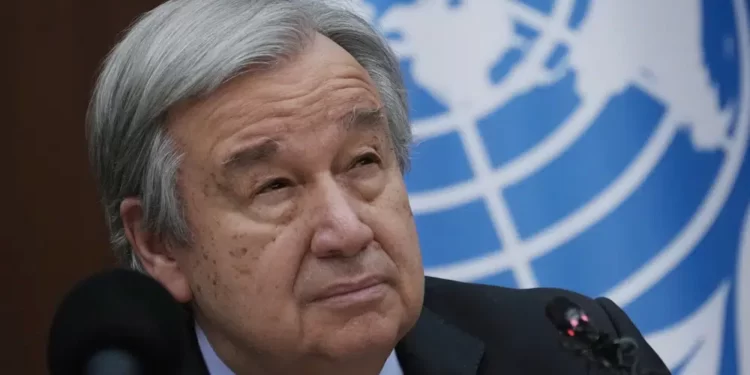The Deputy Minister for Roads and Highways, Hon. Alhassan Suhuyini, has reaffirmed the government’s commitment to strategic road development, emphasising a deliberate focus on corridors that promise broad national benefit over parochial interests.
Speaking in an engagement on government priorities in road infrastructure, Hon. Suhuyini addressed the complex nature of road construction prioritisation in a country where every road is considered critical, depending on whom one speaks to.
“Every road is priority-based on who you are speaking to. It becomes difficult for one to go about less than what is a priority, but we know the roads that lead to productive areas. We know that roads impact the economy greatly, because of how much traffic is on them, and we know roads that also lead to our farmlands.”
Deputy Minister for Roads and Highways, Hon. Alhassan Suhuyini
According to the Deputy Minister, the Ministry of Roads and Highways has established frameworks and structures to objectively guide which roads receive attention, given the resource constraints facing the government.
The aim, he said, is to ensure the judicious use of funds by focusing on roads that, even if they do not pass through specific communities, can serve broader economic and social purposes across the country.
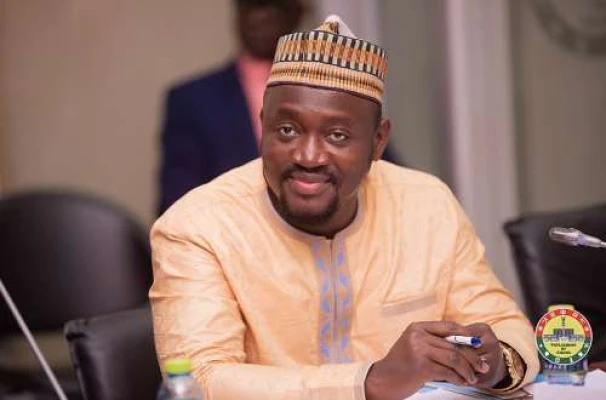
Key Road Corridors
In that regard, Hon. Suhuyini highlighted several key road corridors currently at the heart of government’s infrastructural agenda.
Among these is the Eastern Corridor Road, a project that was first significantly advanced during the first tenure of President John Dramani Mahama but subsequently experienced stagnation.
“You remember how it was prioritised in President Mahama’s first term. Unfortunately, when he left office, many of the contractors on that stretch of road were not prioritised by the previous government, and so they practically abandoned those projects.”
Deputy Minister for Roads and Highways, Hon. Alhassan Suhuyini
He described the current state of the Eastern Corridor Road, particularly from the Kpasa section northward, as deplorable. “My minister and I, and the technical directors, have been on that road… it is in such a deplorable situation,” he said.
The Deputy Roads Minister firmly confirmed that the corridor is now firmly back on the national agenda, with the government planning to rehabilitate it under the $10 Billion ‘Big Push’ infrastructure initiative, a programme aimed at accelerating development through major investment in key projects.
Another significant focus is the Western Corridor Road, which spans from Techiman through Bole Bamboi, Sola, and eventually reaches Hamile in the Upper West Region.

Hon. Suhuyini stressed the corridor’s strategic relevance, pointing to its route through multiple regions and its potential to benefit a wide range of communities.
“If you are taking it from Techiman, you are going to go to a number of regions, a number of communities. The utilisation will benefit many communities on that stretch. And so it is also a priority, and it’s also going to be under the Big Push project.”
Deputy Minister for Roads and Highways, Hon. Alhassan Suhuyini
Building a First-Class Road
Beyond these corridors, the Deputy Minister also expressed concern over the absence of a first-class highway linking any two major cities in the country.
“It is so sad that in this country, we do not have any road that is a first-class road linking two major cities. Just think about it. There’s no first-class road linking Accra to Cape Coast, or Kumasi, or Ho, or Kumasi to Tamale. There’s no such road.”
Deputy Minister for Roads and Highways, Hon. Alhassan Suhuyini
This infrastructural gap, according to Hon. Suhuyini, underscores the urgent need for more visionary and integrated planning. To that end, the government is working toward establishing a high-quality linkage along the Upper Corridor to connect Wa and Bolgatanga.
Furthermore, he disclosed plans for a new alignment between Accra and Kumasi, potentially developed through a public-private partnership (PPP) arrangement, that would ensure a direct, first-class road between the two economic hubs.
He indicated that such a development would not only reduce travel time but also significantly boost economic productivity across the regions.

“The hope is that with the upper corridor, for example, we can link Wa to Bolga. Then we can also, with the president’s idea of a new alignment between Accra and Kumasi, ensure that a first-class road—possibly done within the PPP arrangement—will guarantee a direct linkage between Accra and Kumasi.”
Deputy Minister for Roads and Highways, Hon. Alhassan Suhuyini
Hon. Suhuyini’s remarks reflect the government’s broader infrastructure philosophy, one that seeks to distribute development equitably while aligning projects with national economic imperatives.
His comments also shed light on the complex decision-making processes involved in allocating limited resources for maximum impact, especially in a country with high infrastructure demands and widespread developmental disparities.
The roads being prioritised today may well determine the mobility, economic competitiveness, and integration of its regions tomorrow.
READ ALSO: Ghana Moves to Ban Raw Shea Nut Exports by 2026 to Boost Local Value Addition





